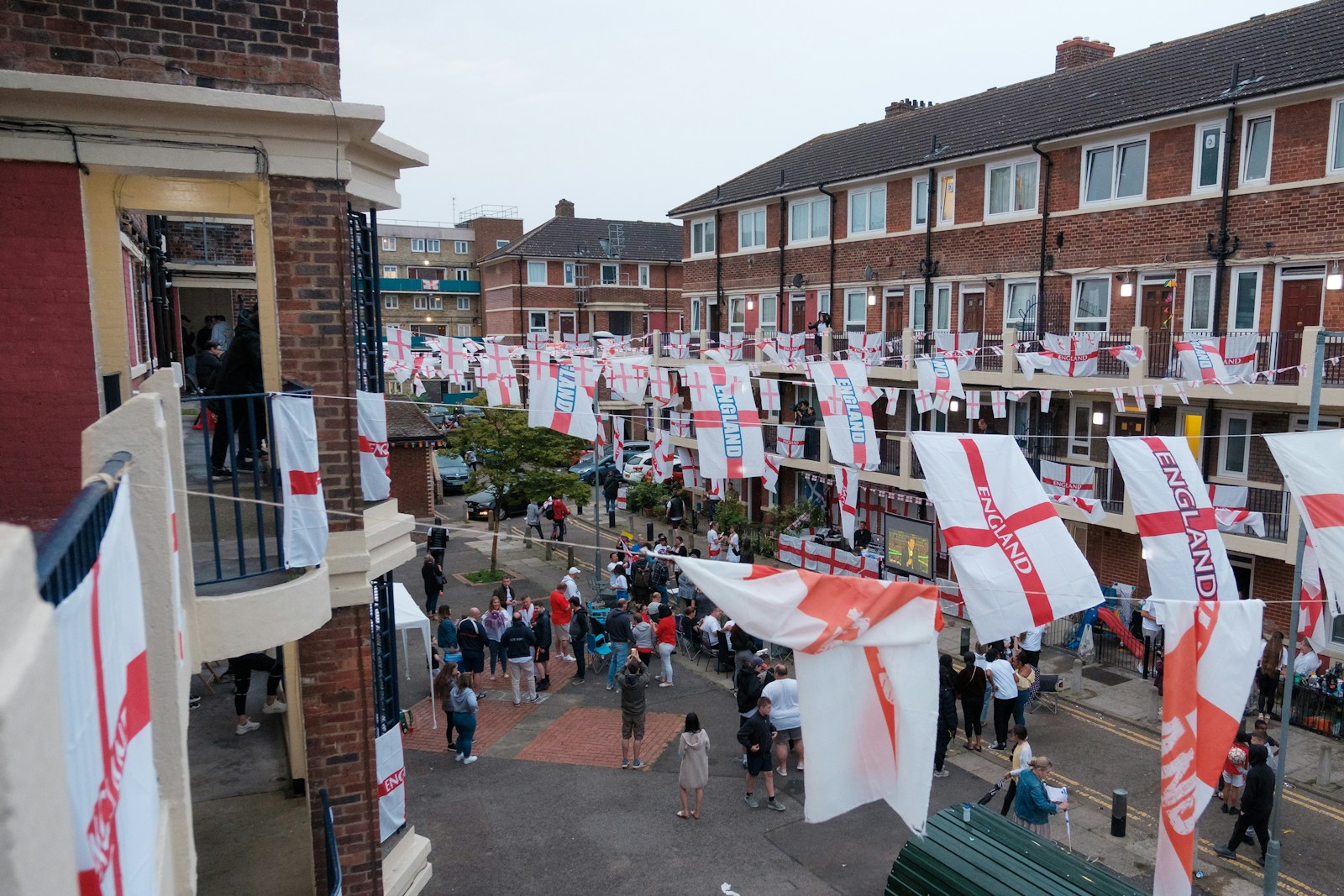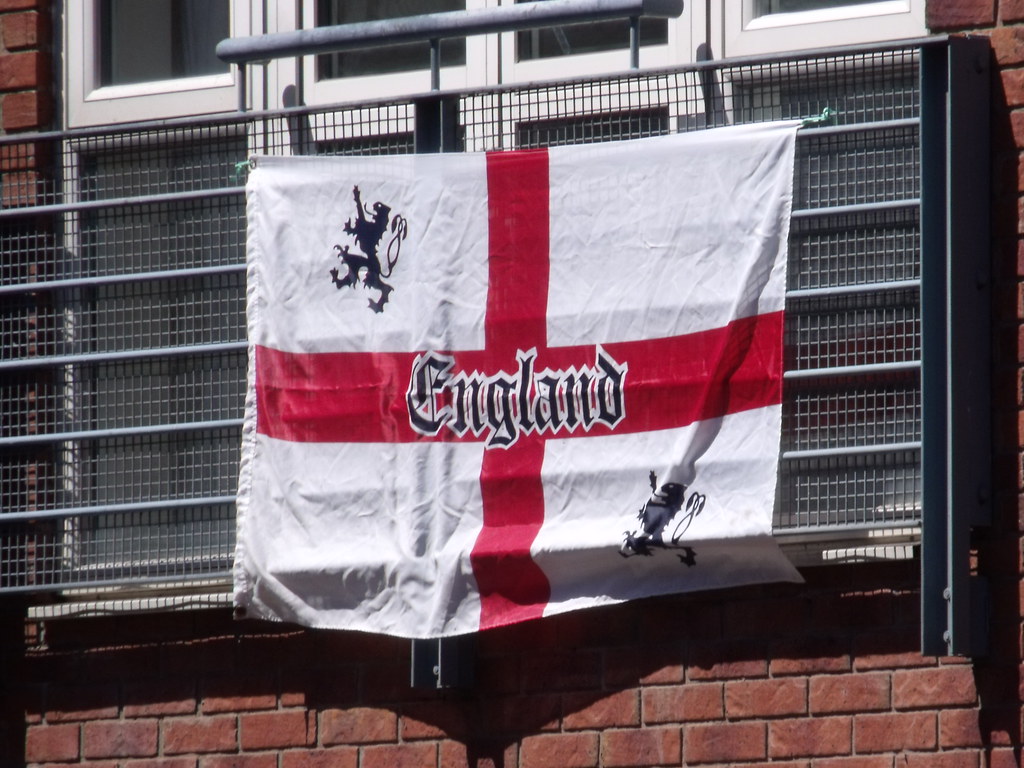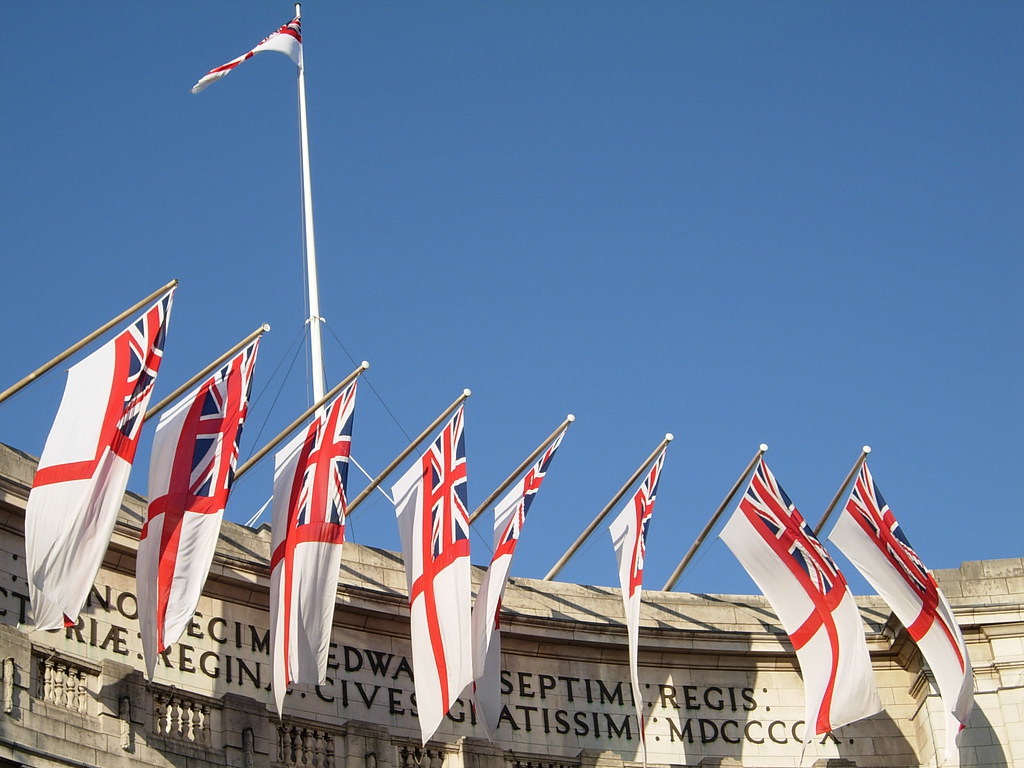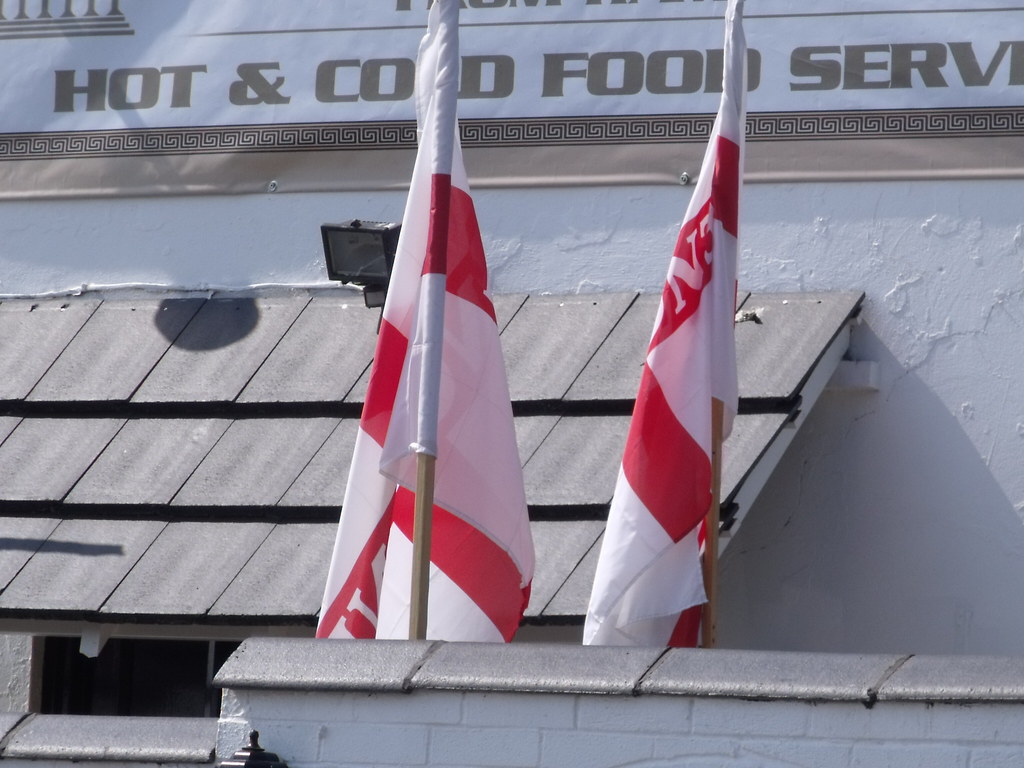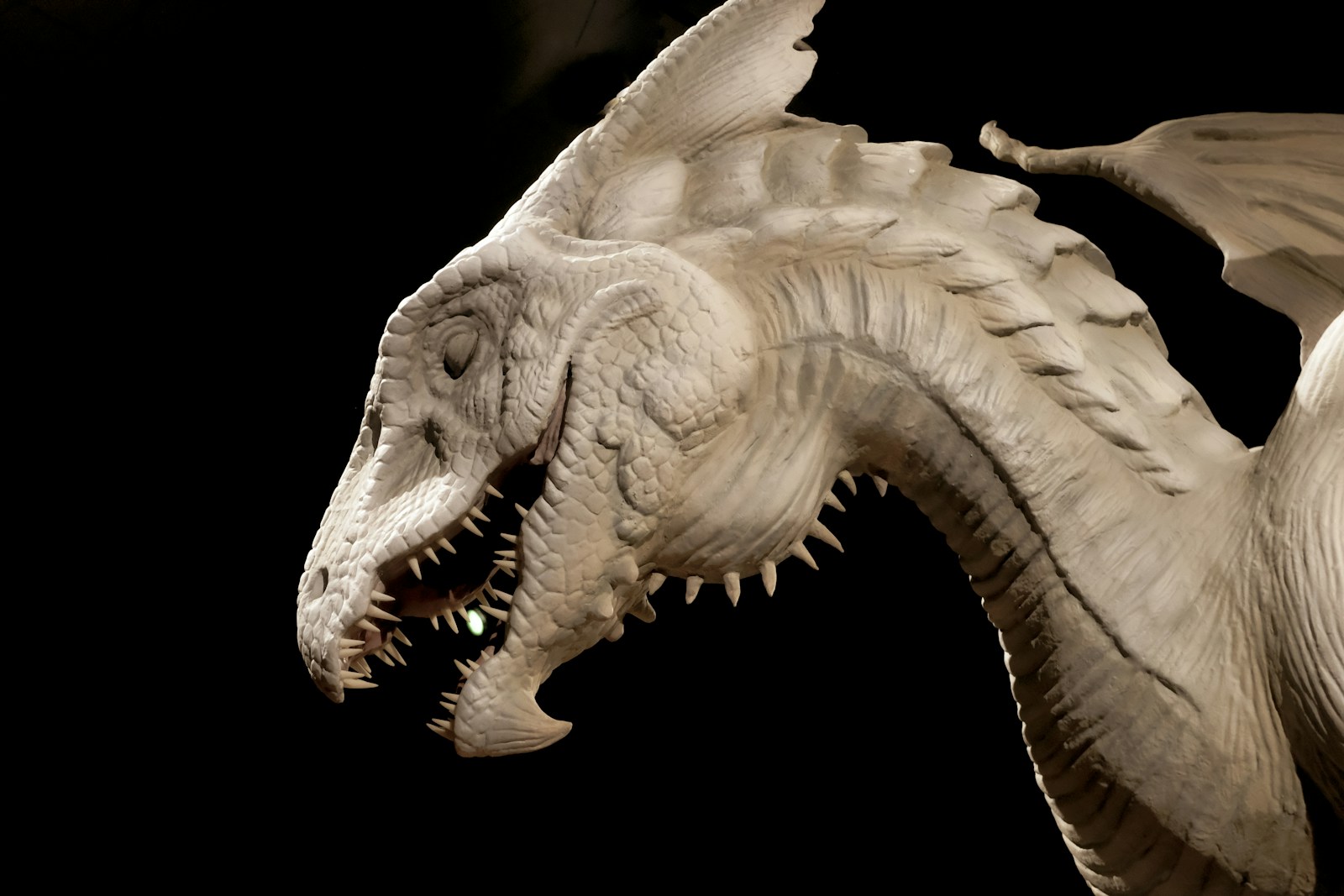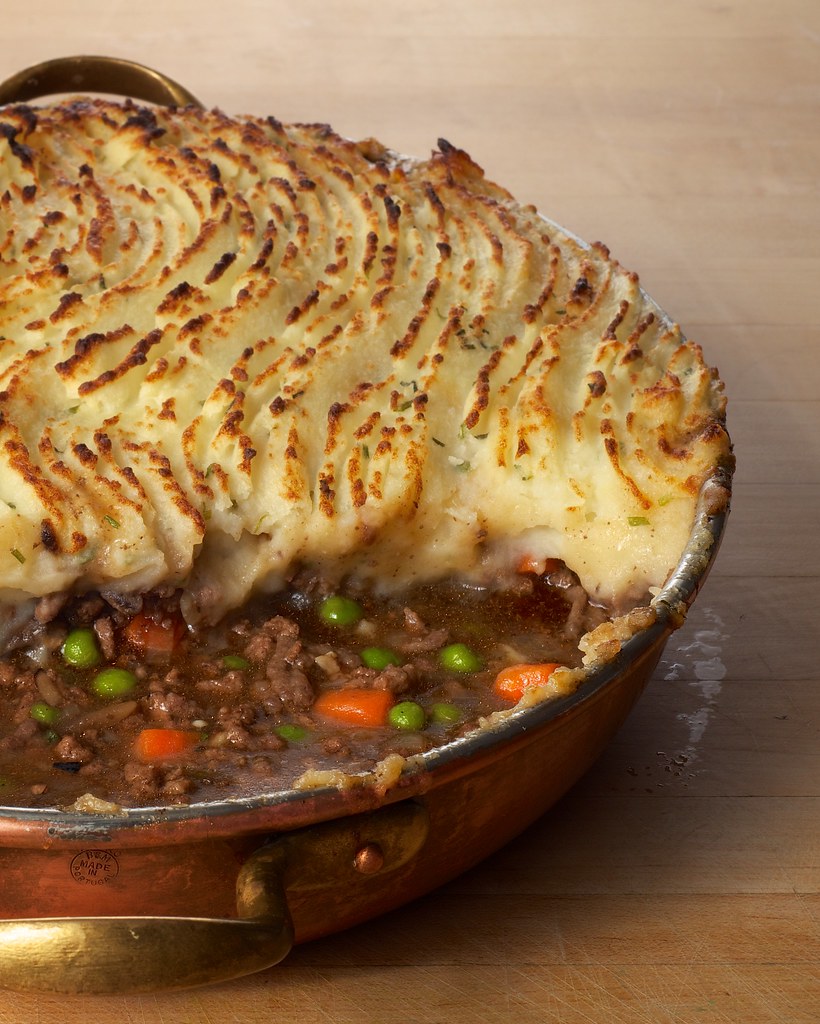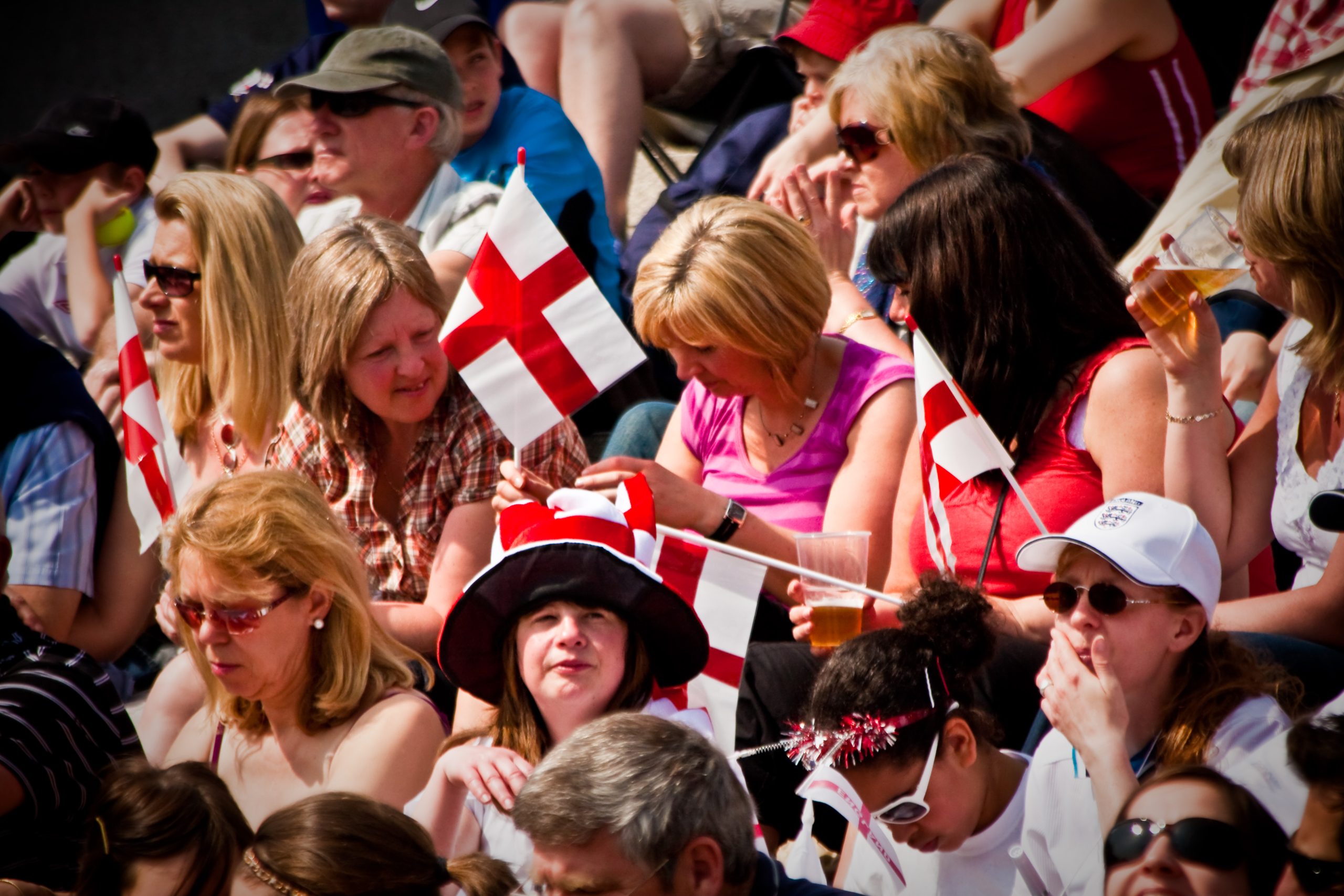
St. George, the dragon-slaying saint whose red cross adorns England’s flag, represents one of history’s most fascinating intersections of fact and legend. While many recognize the iconic image of a knight vanquishing a dragon, fewer know the rich historical context and global significance of both the man and the celebrations held in his honor. Every year on April 23rd, diverse communities worldwide commemorate this figure whose story has transcended religious, cultural, and national boundaries. This collection of facts and figures illuminates St. George’s remarkable journey from historical martyr to beloved cultural symbol, revealing how his legacy continues to evolve in contemporary society while maintaining connections to its ancient origins.
Historical Facts
- Ancient Origins: St. George was born around 280 CE in Cappadocia (modern-day Turkey) to a Greek Christian noble family, and died on April 23, 303 CE, which is why this date marks his feast day.
- Roman Soldier: Before his martyrdom, George served as an officer in the Roman army under Emperor Diocletian, rising to the rank of Tribune.
- Martyrdom: George was executed during the Diocletian Persecution after he refused to make a sacrifice to the Roman gods and publicly declared his Christian faith.
- No Dragons in Sight: The earliest historical records of St. George contain no mention of dragons. This legendary element wasn’t added to his story until approximately 900 years after his death.
- Literary Debut: The dragon-slaying legend first appeared in its complete form in the “Golden Legend,” a collection of saints’ lives compiled by Jacobus de Voragine in the 13th century.
St. George’s Global Reach
- Widespread Patronage: St. George is the patron saint of not only England but also Georgia, Portugal, Catalonia, and the cities of Moscow, Istanbul, Genoa, and Beirut.
- Military Protection: He is also the patron saint of soldiers, archers, cavalry, and farmers in various cultures.
- England’s Adoption: St. George officially became England’s patron saint during the 14th century, replacing Edward the Confessor during the reign of Edward III.
- Global Celebration: St. George’s Day (April 23) is celebrated in countries including England, Portugal, Bulgaria, Canada, Croatia, Cyprus, Greece, Georgia, Romania, and Russia.
- UNESCO Recognition: In Catalonia, Spain, the St. George’s Day tradition of exchanging books and roses has inspired World Book Day, recognized by UNESCO worldwide.
St. George’s Day in England
- National but Not a Holiday: Despite being England’s national day, St. George’s Day is not a public holiday in England, unlike St. Patrick’s Day in Ireland or St. Andrew’s Day in Scotland.
- Parliamentary Proposals: Between 1997 and 2022, at least six bills were introduced in the UK Parliament proposing to make St. George’s Day a public holiday, but none have succeeded.
- Shakespeare Connection: William Shakespeare was both born and died on St. George’s Day (though there is some scholarly debate about his exact birth date).
- Order of the Garter: The Most Noble Order of the Garter, England’s highest order of chivalry founded in 1348, is closely associated with St. George and holds its annual service near St. George’s Day.
- Scouting Tradition: St. George’s Day remains significant for the Scout movement worldwide, as St. George was designated as the patron saint of Scouting by founder Robert Baden-Powell.
Symbols and Cultural Impact
- The Flag: The St. George’s Cross—a red cross on a white background—has been England’s flag since the Middle Ages and was adopted by London and other cities for their flags.
- Football Connection: The St. George’s Cross rose to renewed prominence during the 1996 European Football Championship (Euro 96) when it became strongly associated with English football support.
- Rose Symbolism: The red rose, England’s national flower, is often worn on St. George’s Day, combining national symbolism with the day’s celebrations.
- Folk Customs: Traditional English folk customs associated with St. George’s Day include Morris dancing, mummers’ plays featuring the saint, and well dressing in some counties.
- Theatrical Tradition: St. George is a central character in the traditional English Christmas Mummers’ plays and seasonal folk performances that have survived for centuries.
Interesting Figures and Modern Celebrations
- Polling Data: According to a 2018 YouGov survey, only 24% of English people could correctly identify April 23rd as St. George’s Day, compared to 82% of Irish people who could identify March 17th as St. Patrick’s Day.
- Celebration Trends: The same survey found that only 40% of English people said they celebrated St. George’s Day, compared to 90% who celebrated Christmas and 76% who celebrated New Year’s Eve.
- Revival Movement: Since the early 2000s, there has been a notable increase in St. George’s Day celebrations across England, with many cities organizing larger festivals and events.
- Economic Impact: Major St. George’s Day festivals in cities like London, Manchester, and Birmingham can attract up to 20,000 attendees and generate significant revenue for local businesses.
- Multicultural Evolution: Modern St. George’s Day celebrations increasingly highlight the saint’s Middle Eastern origins and multicultural appeal, with events in diverse communities emphasizing his status as a figure respected across different faiths and cultures.
These facts and figures demonstrate St. George’s remarkable journey from historical martyr to legendary dragon-slayer to contemporary cultural symbol, showing how traditions evolve while maintaining connections to their historical origins.
Conclusion
St. George’s enduring legacy represents a fascinating example of how historical figures can transcend their original contexts to become cultural touchstones with universal appeal. From his humble beginnings as a Roman soldier who died for his faith, to his transformation into a dragon-slaying hero, to his contemporary status as a symbol of courage and intercultural connection, St. George continues to inspire celebrations that adapt to changing times while preserving historical continuity. The diversity of traditions associated with his feast day—from book exchanges in Barcelona to military parades in Moscow to community festivals in multicultural London—demonstrates how shared cultural heritage can unite people across boundaries of nationality, faith, and background. As St. George’s Day celebrations continue to evolve in the 21st century, they offer opportunities not only to honor the past but also to engage with questions of identity, community, and shared values that remain profoundly relevant to our present moment. Whether commemorated through traditional pageantry or innovative multicultural festivals, St. George’s April 23rd feast day provides a meaningful occasion for reflection on courage, sacrifice, and the enduring power of narrative to shape our understanding of ourselves and our communities.

